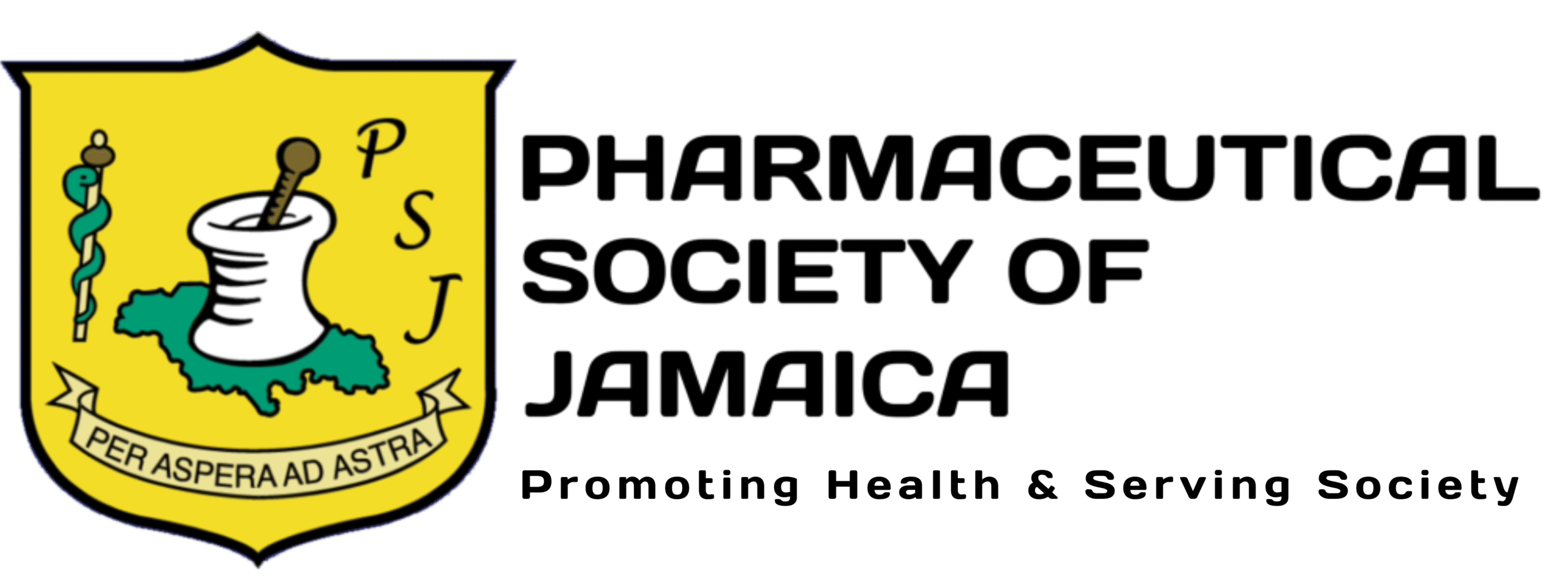
Introductions
The Code of Ethics comprises two parts with nine PRINCIPLES supplemented by more detailed OBLIGATIONS. Together these set out the fundamental duties that apply to all pharmacists. The Code of Ethics is supplemented by GUIDANCE, which is intended to help in the interpretation of the Code. Guidance cannot cover every situation; when in doubt the advice of the Society should be sought.
A breach of the Code of Ethics could form the basis of a complaint of misconduct but the Council, in considering whether or not action should follow, takes into consideration the circumstances of an individual case and does not regard itself as being limited to those matters which are mentioned in the Code.
The arbiter of what constitutes misconduct is the Pharmacy Council, from whose decisions appeal lies to the Registration Appeal Tribunal. The Code of Ethics is intended to set the standard of professional conduct for all pharmacists and “persons lawfully conducting a retail pharmacy business” within the meaning of the Pharmacy Act. It is regarded as governing the conduct of all pharmacists both within and outside the practice of pharmacy.
Principles
- A pharmacist’s prime concern must be for the welfare of both patients and public.
- A pharmacist must uphold the honor and dignity of the profession and not engage in any activity which may bring the profession into disrepute.
- A pharmacist must at all times have regard to the laws and regulations applicable to pharmaceutical practice and maintain a high standard of professional conduct. A pharmacist must avoid any act or omission which would impair confidence in the pharmaceutical profession. When a pharmaceutical service is provided, a pharmacist must ensure that it is efficient.
- A pharmacist must respect the confidentiality of information acquired in the course of professional practice relating to patients and their families. Such information must not be disclosed to anyone without the consent of the patient or appropriate guardian unless the interest of the public or the patient requires such disclosure.
- A pharmacist must keep abreast of the progress of pharmaceutical knowledge in order to maintain a high standard of professional competence relative to his sphere of activity.
- A pharmacist must neither agree to practice under any conditions of service which compromise his professional independence nor impose such conditions on other pharmacists.
- Publicity for professional services is permitted provided that such publicity does not create an invidious distinction between pharmacists or pharmacies, is dignified and does not bring the profession into disrepute.
- A pharmacist offering services directly to the public must do so in premises which reflect the professional character of pharmacy in keeping with the regulations set by the Pharmacy Council of Jamaica.
- A pharmacist must at all times endeavor to cooperate with professional colleagues and members of other health professions so that patients and the public may benefit.
Please refer to the Code of Ethics Handbook for the complete Code.

